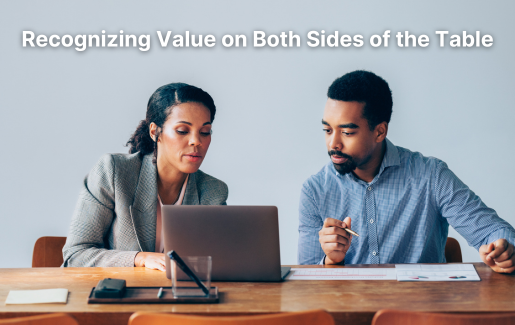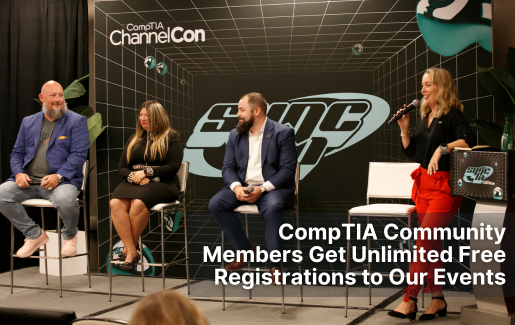
First rule of Mentor Club is you don’t talk about Mentor Club. Second rule, you don’t call it Mentor Club.
The word “mentor” is practically ancient. The word originated from a character in the Odyssey and its first usage as a term dates back more than 300 years… yeah, it’s that old. But in a world where so many of us are “digital nomads”, “fully remote” and the like, having a mentor is something that is needed more than ever. We’ve all been the new person at an organization or company and been assigned a mentor to help get us through the first few months and hopefully make us successful and feel like part of the team. But what if being a mentor and having a mentee transformed into something far greater than that?
We assume that the mentor should be a senior person. Someone who has more experience and knowledge regarding a role, company, or space than the person they are going to guide. But what if we challenge that and instead of mentor/mentee we created a partnership? Two people that are in different stages of business or life but have been brought together to help BOTH sides. I recently read an article about a CEO and how she scrapped their years-long mentorship program for an altogether different type of initiative. She had been ‘matched’ with a junior person to mentor, but quickly realized that this new person had all sorts of ideas that she had not thought of in regards to a project they had together. Rather than saying “this is how we do it here at company X” she started asking questions of the new person, as to how they would think about doing this.
Thinking of mentors/mentees as a partnership would bring something to both people. Now, yes, we can conjecture that the traditional mentor/mentee relationship brings satisfaction to both parties for the mentor being able to guide someone and help them in the career but what if both people get satisfaction from learning on both sides of the table. By understanding the newer person’s ideas and thoughts we can bring those forward to a way of doing things we may not have previously thought of. And by allowing the new person to know they have a space where they can share ideas openly, we are now teaching them that even though they are new, their ideas have value. Not to dismiss them before even presenting them to someone simply because they feel “I’m new here, I don’t really think I should say anything.”
-blog.jpg?sfvrsn=7581584c_2) My own experience with a mentor program started right here in the CompTIA Community. I am finishing up my second stint as a volunteer and could not be happier with what this program has provided to me. I had the amazing opportunity to meet Katherine Gray just this year through a "match" with our program. I will be singing the praises of this for years as Katherine and I walked a very similar path in tech and immediately became fast friends. She and I will continue to work together in the Advancing Women in Technology (AWIT) space into the future, far past this program and all the credit for this new "power couple" goes to the CompTIA Community!!
My own experience with a mentor program started right here in the CompTIA Community. I am finishing up my second stint as a volunteer and could not be happier with what this program has provided to me. I had the amazing opportunity to meet Katherine Gray just this year through a "match" with our program. I will be singing the praises of this for years as Katherine and I walked a very similar path in tech and immediately became fast friends. She and I will continue to work together in the Advancing Women in Technology (AWIT) space into the future, far past this program and all the credit for this new "power couple" goes to the CompTIA Community!!
This way of thinking, guiding, advising is incredibly crucial for women and minorities in technical fields that are predominantly filled with males. Being the only woman in the room is daunting enough, sharing ideas that seem new… that’s a whole other mountain to climb. So how can we, the old mentors, both male and female help create partnerships that will last a lifetime? Let’s re-imagine the whole process. Let’s start with framing it as something else, as truly both people are bringing something to the table of learning. Ally Alliance? Gurus for Growth? Sages of Success? The choice is yours, but let’s be the change that makes a difference.
Brook Lee is director of channel at Scalepad and chair of the Advancing Women in Technology Interest Group in the CompTIA Community - North America.

 Add CompTIA to your favorite RSS reader
Add CompTIA to your favorite RSS reader

